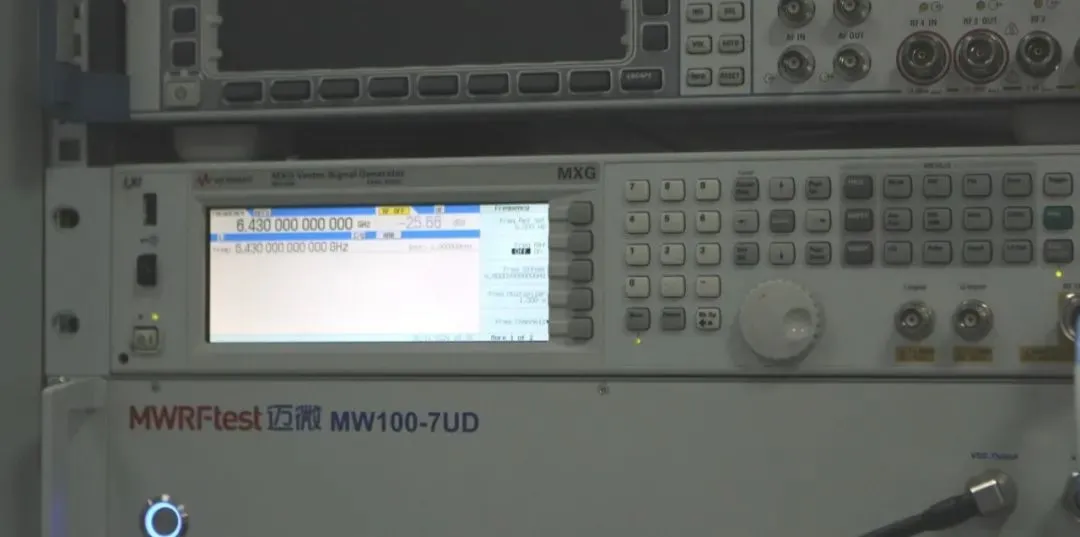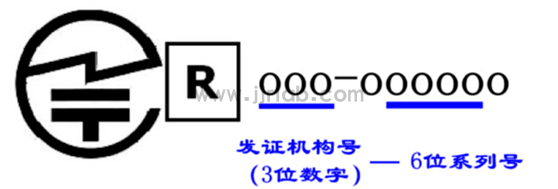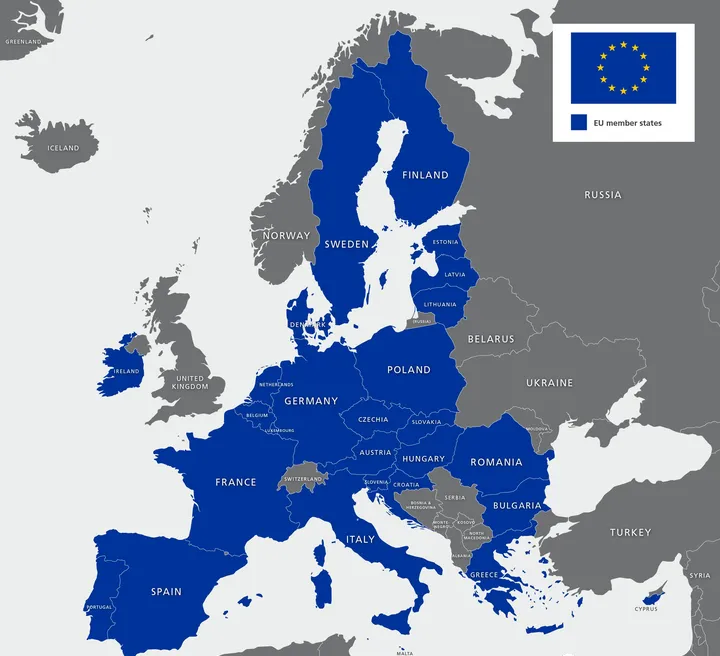
Certifications Needed for Brazilian Market Entry
There are three main certifications required for products to enter the Brazilian market. JJRLAB provides a detailed introduction below:
Inmetro Certification
Inmetro is Brazil's national accreditation body responsible for the recognition and auditing of certification bodies and laboratories, as well as the development and implementation of Brazil's certification system. Inmetro determines which product categories fall under mandatory certification systems or voluntary basic certification systems, excluding telecom products (which are decided by ANATEL). Products listed in the mandatory certification catalog must obtain a certificate issued by an authorized Brazilian body before entering Brazil. Testing and certification must be based on Brazilian NBR standards. If there are no corresponding NBR standards, IEC standards can be used (Brazilian standards are converted from IEC standards with national deviations).
1. Mandatory Inmetro Certification: Products with mandatory certification have the Inmetro logo on the left side of the certification mark, and the logo and code of the issuing body (ocp xxx) on the right side. Different Inmetro issuing bodies have different codes.
Mandatory products include: household appliances (all household appliances), IT products (only stabilizers), lighting products (only inductive ballasts, electronic ballasts), electrical accessories (plugs, sockets, converters, wall switches, circuit breakers, fuses), automotive parts (glass, wheels, brake fluid, shock absorbers, gasoline engine fuel pumps, horns, pistons, piston rings, piston pins, bushings, bulbs, lead-acid batteries for cars or motorcycles, suspension dampers, electric fuel pumps, horns or similar devices for motor vehicles, aluminum alloy pistons, locking and memory rings, piston rings, bushings, and car lights, spare auto parts), motorcycle and bicycle parts (bicycle brake systems, motorcycle helmets, bicycle spokes, bicycle tires, bicycle cranks and pedals, bicycle cables, bicycle frames and forks, bicycle handlebars, bicycle inner tubes, bicycle rims), power tools (plastic sealing machines, desoldering guns, electric glue guns, electric heat guns, welding guns, pipe welding tools, foam cutting machines, electric paint removers, electric peelers).
2. Voluntary Certification: Products with voluntary certification only display the issuing body's certification mark, not the Inmetro mark.
Voluntary products include: IT products (except stabilizers), AV products, lighting products (except electronic ballasts, inductive ballasts). Special note: mobile phone chargers must be ANATEL certified.
Regardless of whether the certification is mandatory or voluntary, the certificate must be maintained annually to remain valid. Certificate maintenance typically involves sample inspection and factory audits once a year (for household appliances, IT, AV, lighting, etc.) or twice a year (for plugs, sockets, converters, switches). Currently, EMC is not required for Inmetro-certified products.
anatel certification
ANATEL certification is for telecom products in Brazil. ANATEL certification includes mandatory and voluntary certifications. The approval process is the same for both domestic and foreign products. For products requiring mandatory certification, the test results and reports must comply with ANATEL rules and regulations. Products must obtain an authorization certificate from ANATEL before being used.
Mandatory Certification Scope:
Three types of telecom equipment require mandatory certification:
- Type I: Terminal equipment connected to the fixed switched telephone service (FSTS) network; equipment connecting private telecom networks to the FSTS network; equipment connecting to the FSTS network for value-added services.
- Type II: Any wireless equipment not covered by Type I, such as low-power devices, unlicensed devices, and antennas.
- Type III: Any equipment not covered by Type I or II but regulated by ANATEL rules and regulations.
Certification Requirements:
1. All products listed by ANATEL need certification.
2. Certificate/authorization holders (importers, manufacturers) must be legally recognized in Brazil.
3. Type I certificates are valid until canceled, while Type II and III certificates are valid for two years.
4. User manuals, installation guides, and warning labels must be in Portuguese. Other documents can be in English.
5. Products must have a label containing the following information: anatel logo, certification number (barcode), manufacturer’s name, manufacturing year, model, serial number, distributor’s registration number.
Anvisa Certification
Anvisa certification regulates the production and sale of health and medical products to comply with legal requirements, promoting and protecting public health. Anvisa certification implements a registration and recognition system for medical device products and maintains relevant databases. All medical devices imported or sold in Brazil must be registered with Anvisa. Different application processes and requirements are established for different types of medical devices.
Email:hello@jjrlab.com
Write your message here and send it to us
 Which Electric Fans Must Obtain CCC Certification?
Which Electric Fans Must Obtain CCC Certification?
 EMC, EMI & EMS: Key Differences and Testing
EMC, EMI & EMS: Key Differences and Testing
 What is Safety Compliance Testing and Its Scope?
What is Safety Compliance Testing and Its Scope?
 Introduction to Japan TELEC Certification for Radi
Introduction to Japan TELEC Certification for Radi
 Introduction to EU Battery WEEE Icon Size and Plac
Introduction to EU Battery WEEE Icon Size and Plac
 Introduction to Brazil ANATEL Radio Certification
Introduction to Brazil ANATEL Radio Certification
 Toy, Baby, Electronics & PPE EU Compliance
Toy, Baby, Electronics & PPE EU Compliance
 What is the UL2089 Report for Car Chargers?
What is the UL2089 Report for Car Chargers?
Leave us a message
24-hour online customer service at any time to respond, so that you worry!




